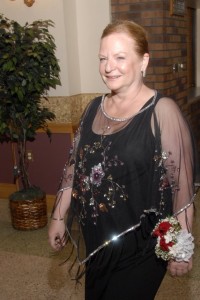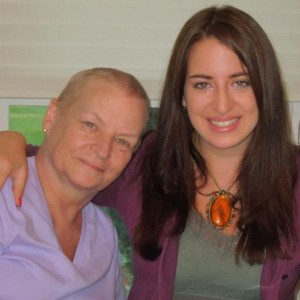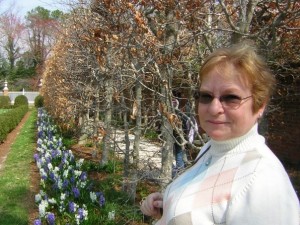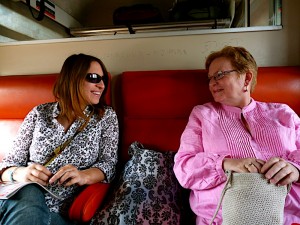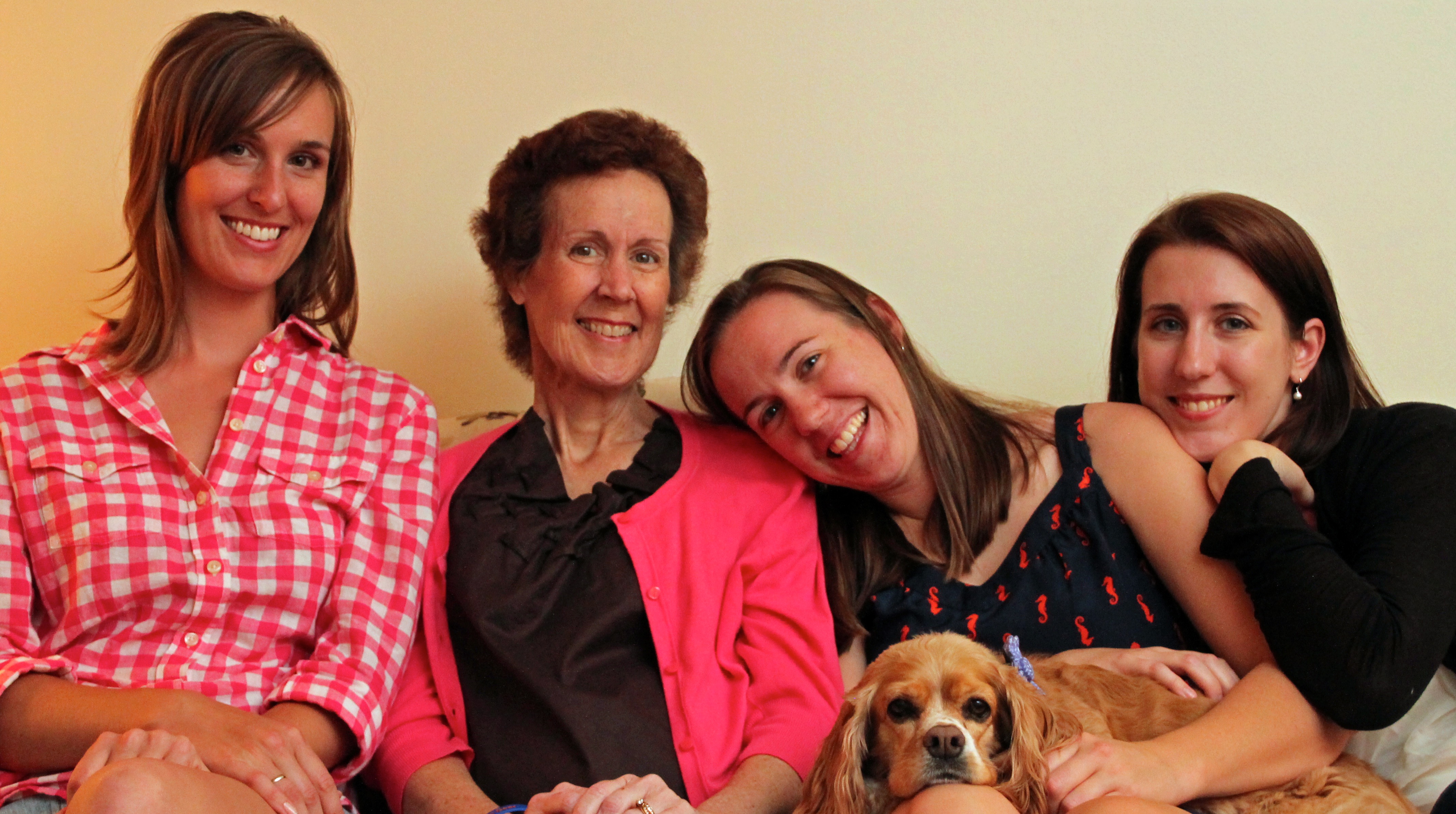
It was my 26th birthday. I was riding a rickety bus through the mountains in Morocco, on my way to Peace Corps’ obligatory mid-service medical check. My cell phone rang, displaying an American phone number. I knew it would be mom, calling to wish me a happy birthday, and I answered the phone excitedly.
Mom started the call with “Happy Birthday,” but her voice was noticeably tense. “What’s wrong?” I asked. She said she was in the hospital with some strange symptoms, too exhausted even to walk. She hadn’t received an official diagnosis yet, but the unspoken word, “cancer,” was already on my mind.
The Peace Corps granted me leave to travel home for mom’s first surgery. She was in the recovery room when I arrived at her bedside. I felt protective of her in a way that I’d never felt before. We spent time together in and out of the hospital, but mom encouraged me to return to Morocco after a month. She’d visited me there the previous year, and she knew how much the experience meant to me; how thoroughly it was shaping me as a person. It was heartbreakingly difficult to leave her, but luckily my sister lived nearby, and could help as mom started chemotherapy.
Before I left the country, however, I accompanied her to the oncologist’s office for an update on her cancer. “It’s stage IV,” he said, “and it’s already spread to your liver.” I asked if I could give her part of my liver, knowing we didn’t even have the same blood type, but he waved that option off as impossible. I drove mom home, and for the first time in my life, I saw tears in her eyes. She had always been so strong and independent; from hanging drywall to mastering delicate beadwork, mom didn’t shy away from challenges. This was the first time I’d ever seen her admit defeat.
When I finished my service in Morocco, I applied to graduate programs, assuming I’d defer indefinitely. When I got into Harvard, however, mom sat me down for a talk that felt like an old-fashioned scolding from my youth. “I don’t want you to sit here and watch me die,” she said. She pleaded with me to go, knowing I’d barely see her, but concerned for my future, and unquestionably motivated by a deep love for me. Luckily my degree was condensed into one year, and mom was just well enough to travel to Massachusetts and see me graduate. I must admit that much of my motivation for attending was to give her peace of mind.
My mom was quite simply, a beautiful soul. She was an elementary school teacher who thoroughly enjoyed her job. Even now, I receive letters from her students, telling me how much she meant to them; how much she changed their lives.Mom took incredible care of my sister and I, encouraging our interests, and supporting us with her last pennies when times were tough.
She simultaneously nurtured her own interests as well, and she was a fascinating person as a result. For a time, mom explored Native American music and culture, traveling to the pueblos in Arizona, and taking us to pow-wows in the fall. Mom was always proud of her Celtic heritage. She bought a bodhran (an Irish style drum) and a dulcimer, and learned to play both, all while studying for her MA in education. Self-reliant at heart, mom let me help her build our back porch when I was 7, and she taught me how to install a ceiling lamp when I was 13. The fresh smell of cut wood still reminds me of her as I walk past construction sites in the city.
She died on August 12, 2012, short of her 60th birthday. I was in the other room, and when my sister woke me at 7am that morning to let me know, I felt nothing and everything at once. I hugged and kissed her one last time, and then she was taken away. Mom is in my life every day. Her ring is on my finger, her furniture is in my house, the clothes she bought for me still keep me warm, and she is ever-present in my mind.

